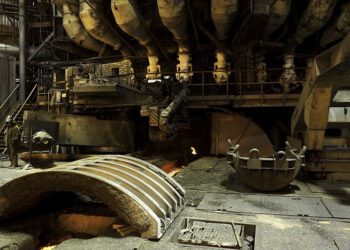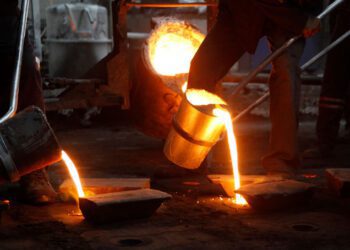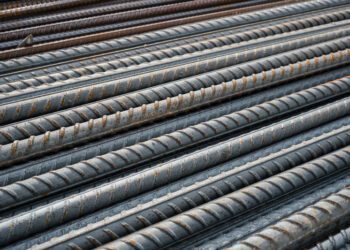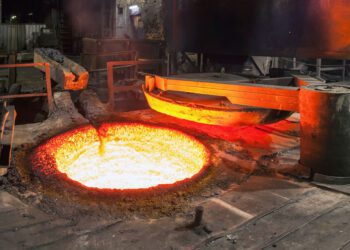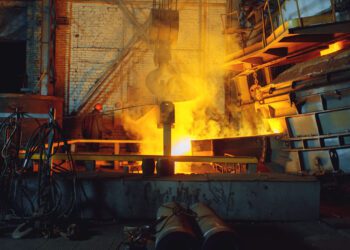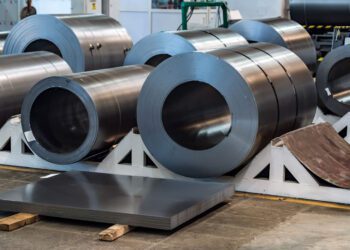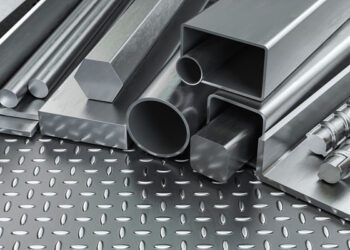Steel’s versatility and strength have crowned it as one of humanity’s most vital materials. However, its susceptibility to corrosion, the slow degradation due to environmental factors, can challenge its dominance. Tackling this issue head-on, the industry has invested heavily in research and practices to ensure the durability and longevity of steel products.
“It’s not just about creating; it’s about preserving. In the battle against time and elements, steel’s endurance is its true testament.”
The Science Behind Corrosion
Corrosion occurs when steel reacts with environmental agents, primarily moisture and oxygen, leading to the formation of iron oxides or rust. This process not only impacts the aesthetic appeal but also degrades the structural integrity of the steel.
Impact of Corrosion on the Steel Industry
The implications of corrosion are multifaceted:
Economic Costs: Maintenance, replacements, and loss of product value due to corrosion rack up substantial expenses.
Safety Concerns: Weakened infrastructure can lead to catastrophic failures.
Environmental Issues: The need to replace corroded parts increases resource consumption and waste.
Contemporary Solutions: Anti-Corrosion Measures
To combat corrosion, various strategies are employed:
Alloying: Introducing elements like chromium or nickel can enhance steel’s resistance to corrosion.
Cathodic Protection: This technique uses an external electrode to control the electrochemical reaction leading to corrosion.
Environmental Control: Reducing exposure to corrosive agents, such as salts or acidic environments, can slow down the corrosion process.
The Role of Coatings and Treatments
Protective barriers are a popular and effective method:
Galvanization: Coating steel with zinc provides sacrificial protection.
Paints and Sealants: These create a physical barrier, preventing environmental agents from reaching the steel surface.
Corrosion Inhibitors: Chemical compounds that slow or halt the corrosion process when applied to steel.
The Future: Ongoing Research and Potential Breakthroughs
Research into corrosion resistance is incessant. Nanotechnology coatings, bio-based inhibitors, and smart coatings that can heal themselves or signal corrosion are areas of intense study, promising a future where steel’s lifespan stretches even longer.

